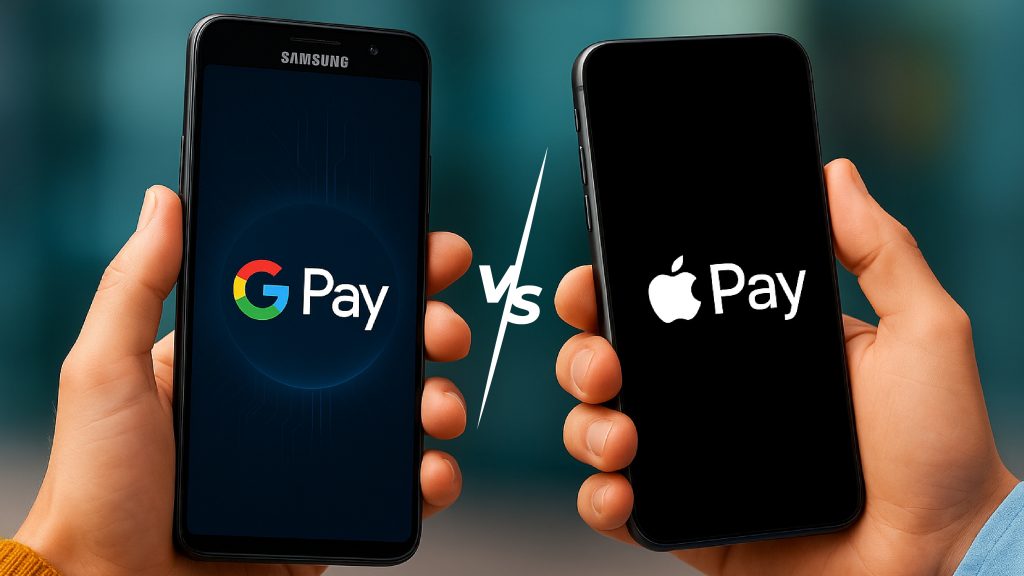
This July, Google Pay will finally be available in Lebanon, joining a wave of recent regional rollouts in countries like Jordan, Pakistan, Qatar, and South Africa. Yet Apple Pay remains visibly absent, even as Lebanese finance regulators are encouraging digital wallets and local FinTech’s are flourishing. The question is clear: why is Apple still on the sidelines in so many emerging markets?
Today, digital services have become a basic expectation for consumers everywhere. As the use of digital wallets surges and the need for secure, seamless payments grows, Google’s expansion highlights a broader trend: smooth digital payments are now essential for customer satisfaction. Yet, despite this shift, Apple Pay remains absent in many parts of the world, including Lebanon.
No Real Cause for Delay
Introducing Apple Pay is technically pretty easy and convenient. With NFC-enabled devices and global networks like Visa, Mastercard, and Amex already operating in Lebanon, launching Apple Pay would require little more than secure API integration. In fact, Apple already earns a small fee per transaction, meaning their expansion would be both low-cost and profitable. By contrast, Apple’s caution appears intentional, not caused by any technological barriers.
Today, digital convenience defines consumer behavior. Google’s expansion underscores a broader shift in the tech industry, one where seamless payments and customer satisfaction are no longer optional, but essential. This momentum raises an unavoidable question: why wouldn’t Apple capitalize on existing global networks like American Express, Visa, and Mastercard to expand Apple Pay’s reach?
When Interchange Fees Matter
Internally, Apple negotiates transaction cuts with banks. In the U.S., Apple takes up to $0.15 per $100 of spending, but in markets with lower interchange fees, like Lebanon, banks aren’t always willing to give up margins. This has slowed Apple’s global rollout in past regions, including the UK, Canada, and Australia. With fintechs booming and digital wallet adoption mandated by Banque du Liban, the time seems ripe for Apple to reenter negotiations.
Android leads globally with over 70% market share compared to iOS’s approximate 27% . Launching Google Pay in Lebanon taps into a broad user base, amplifying convenience and loyalty. Without Apple Pay, Lebanese iPhone users may turn to Google-powered alternatives. In a region where cash remains prevalent, the first mover gains far more than tech bragging rights.
Reputation vs Reality
Apple prides itself on leading user experience and innovation. But in the realm of digital payments, a decision stands in the way of brand loyalty. Lebanon follows global digital wallet norms like Android ahead of iOS, challenging Apple’s image of innovation. Every missed opportunity chips away at perceived exclusivity. Apple is known not to compromise on quality of service and availability. It had built such a high level of expectation that a minor glitch impacts it. If we take Lebanon as a usecase, we find unexplainable business decisions.
The Strategic Sentiment
Apple often cites regulatory and partnership hurdles as reasons to delay, especially in emerging markets such as India or Thailand, where cultural preferences and local payment solutions play large roles. But when regulatory frameworks like Lebanon’s 2020 e-wallet legalization are in place, ongoing delay feels less like caution and more like a unneeded stall. when a service with zero cost and countless benefits is not implemented or considered in the future plans, it reminds us of cases that happened recently within the same family: Nokia and Blackberry. Apple positioned itself as a beacon of innovation and customer centricity, this allowed it to command premium prices without hesitation. The final question is whether an accumulation of minor failings will finally surface above the radar and impact the value of such an iconic star brand.
With Google Pay rushing into Lebanon, backed by global card networks and regulatory readiness, Apple is steadily losing ground. As fintech gains momentum and consumers increasingly expect digital simplicity, Apple Pay’s absence suggests a strategic misstep. If Apple truly embodies innovation, it must now commit to markets primed for transformation.
Lebanon is ready, Apple Pay should be too.
Inside Telecom provides you with an extensive list of content covering all aspects of the Tech industry. Keep an eye on our Press Releases section to stay informed and updated with our daily articles.